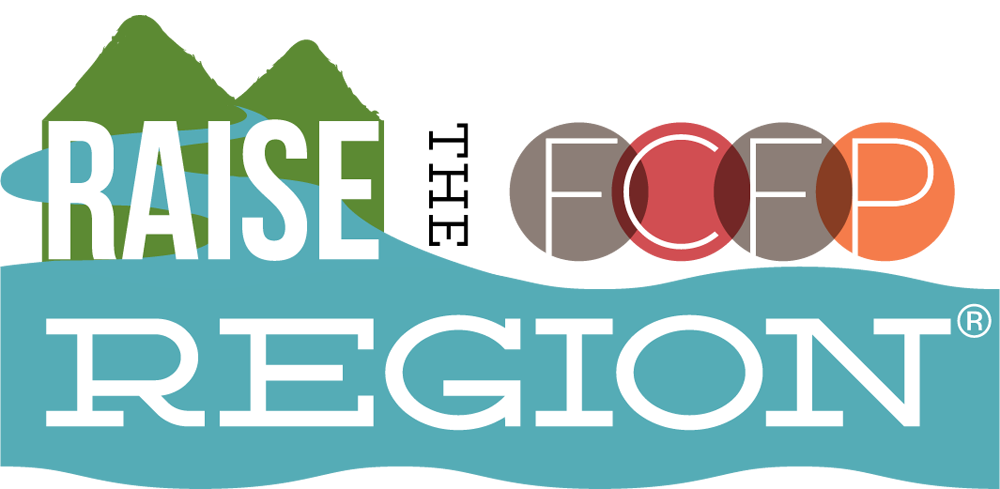This season, we’re kicking off our fall concert with a special announcement as we look back to the first concert ever presented by SVC and honoring it with a “Pay What You Decide” promotion for the Saturday evening performance of Messiah. It’s our way of saying THANK YOU to our loyal followers in appreciation for all your support over the last 50+ years.
This work was originally written as music for the masses, and we are humbled to offer it up in gratitude to the surrounding communities that have shown us so much admiration throughout the chorale’s history. Music enriches our lives, and we want as many people as possible to come experience and enjoy what promises to be a wonderful event, no matter your budget. Give a little before, and who knows … perhaps you’ll be inspired to give a little more on the way out!
About this work
Program Notes by Gary Boerckel, Professor Emeritus Lycoming College
George Frideric Handel [1685-1759] composed Messiah in twenty-four days in the late summer of 1741, a short time to write such an extensive work even for a composer known for his ability to write quickly. A very short time indeed for the creation of a beloved masterpiece that would prove to be the first concert music by a European composer never to have been forgotten by the music-loving public. The music of Handel’s great contemporaries–J. S. Bach, Vivaldi, Scarlatti, and Rameau–all vanished from the concert stage after their deaths. Thanks to the British public’s reverence for Messiah, Handel’s star has not dimmed, although Handel would certainly have been surprised that Messiah had so eclipsed his other works. He had known many box office successes over the course of a long and brilliant career, but Handel was wary of the British public’s reception of Messiah, and with good reason. Despite its triumphant premiere in Dublin, Messiah did not achieve popularity with London audiences until a few years before Handel’s death.
Messiah was born in the mind of Charles Jennens, a Leicestershire squire who had been an admirer of Handel for many years. Jennens compiled the oratorio’s text from 14 different biblical books–primarily Isaiah, Psalms, and Corinthians I. As we have seen, Handel went to work on Messiah with a will. But as the date of its first performance approached, he showed signs of apprehension. Up to that time, no composer had dared to write a work for the theater with Jesus Christ as the subject. Handel knew that public opinion in London was unpredictable, so he gave the first performance of Messiah in Dublin and announced that all the proceeds would benefit an orphanage. When planning the London premiere a year later, he called his new work “A New Sacred Oratorio.” Dubliners evidently adored Messiah, but Londoners were not so easily won over. Newspaper critics complained that such “an exalted subject” had no place on a stage. “A New Sacred Oratorio” survived only a few London performances in 1743, but by the time Handel died in 1759 it was his most beloved composition, and so it has remained for more than 250 years.
About the artists
American lyric soprano, Emily Martin, has regularly received acclaim for her “enchanting iridescence” (The Sarasota Herald-Tribune) and has been called “dramatically energetic and skillful” (The Philadelphia Inquirer). Hailed by The Chicago Tribune as one of ten “The Best Classical Recordings of 2020,” Emily has released the album, Let Evening Come: American Songs Old and New, on Albany Records, which collects the songs of never-before recorded American composers, stretching across time and a variety of styles.
A lyric mezzo-soprano, Amanda Russo Stante, has been recognized for her “highly theatrical, vocally persuasive” performances, which are “nothing short of stunning” (Herald Times, Bloomington, IN). Known for her versatility in both feminine and pants roles, some of Amanda’s most beloved roles performed include the title roles in Handel’s Serse and Massenet’s Cendrillon, Hansel in Humperdinck’s Hansel and Gretel, Octavian in Strauss’s Der Rosenkavalier, and Isabella in Rossini’s L’Italiana in Algeri. Equally at home on the concert and recital stage, Amanda’s recent solo concert engagements include Mahler’s Rückert Lieder, Britten’s Canticle II, Corigliano’s Fern Hill, Ravel’s Shéhérazade, Duruflé’s Requiem, Manuel de Falla’s Siete canciones populares Españolas and Handel’s Messiah.
A performer in opera and concert, tenor, David Steinau, has sung the leading tenor roles in The Barber of Seville, The Magic Flute, Cosi fan tutte, La Boheme, Manon, Die Fledermaus and Albert Herring, among others. He was the tenor soloist for SVC’s performances and recording of The Messiah in 2013 and he appeared as soloist with the Susquehanna University Festival Choir and Orchestra at Carnegie Hall in March 2008 as part of the university’s sesquicentennial celebration.
Nationally acclaimed baritone, Timothy LeFebvre, has wide-ranging experience from the operatic stage to the concert hall. Recent performances include Vaughan-Williams’ Dona nobis pacem with Symphoria (Syracuse, NY), Liptak’s Ancient Songs and Ravel’s Trois Poemes de Stephane Mallarmé at Oberlin Conservatory, Dett’s The Ordering of Moses at Oberlin Conservatory, Mendelssohn’s Elijah with New Dominion Chorale (Washington, DC), Brahms’ Requiem with Hamilton College, Bach’s Saint John Passion with Spoleto Festival USA.



